
In recent months, the use of artificial intelligence (AI) in advertising has sparked intense controversy and debate over the quality, authenticity, and ethical implications of AI-generated content. This new wave of marketing, often disparaged as "AI slop, " refers to low-quality, AI-produced advertisements criticized for lacking the creativity and human touch needed to genuinely connect with audiences. The backlash has affected major brands and entertainment studios alike. A notable example occurred in November 2024 when Coca-Cola launched three AI-generated commercials for its annual holiday campaign. This bold move integrated generative AI technology into festive ads but was quickly met with widespread criticism from viewers and creative professionals. Animator Alex Hirsch, creator of the popular series Gravity Falls, publicly condemned Coca-Cola's decision to replace human artists with AI content, expressing concerns that it undermines artistic integrity and reduces the emotional impact that human creativity brings to storytelling. In response, Coca-Cola defended its choice, emphasizing a commitment to blending human creativity with cutting-edge technology, asserting that AI would augment rather than replace human ingenuity. Despite the criticism, Coca-Cola continued using AI-generated commercials into the 2025 holiday season, signaling a broader industry trend of balancing innovation with audience expectations. Similarly, the entertainment industry has faced criticism for AI use in marketing. In March 2025, Paramount Pictures drew negative attention for using AI scripting and narration in an Instagram promotion for the movie Novocaine. The robotic AI voiceover, reminiscent of low-quality AI spam videos, lacked authenticity and failed to engage viewers, fueling debates about appropriate AI use in creative advertising.
Shortly after, A24, known for its artistic and independent films, faced backlash for releasing AI-generated posters for the 2024 film Civil War, including a bizarre image of soldiers firing on a giant swan that did not fit the film’s narrative or tone. This highlighted AI’s limitations in recreating and promoting nuanced human stories without proper human guidance. In the video game sector that month, Activision posted AI-generated ads for fictional games like "Guitar Hero Mobile, " "Crash Bandicoot: Brawl, " and "Call of Duty: Zombie Defender. " These low-quality ads quickly gained notoriety as "AI slop" due to poor production values and lack of authentic content. Activision clarified these posts were part of a consumer interest survey to gauge demand for new titles, illustrating the challenges brands face when balancing creativity with data-driven AI experimentation. The controversy around AI advertisements also intersects with cultural trends targeting younger demographics. Advertisers embraced the Italian “brainrot” AI trend—a style of surreal, chaotic AI-created artwork and memes popular among millennials and Gen Z for its ironic and absurd nature. While innovative, this approach raises questions about the long-term effectiveness of AI-driven content when replacing genuine human creativity. Overall, the AI advertising debate reflects broader societal concerns about technology’s role in creative industries. Critics argue that overreliance on AI reduces artistic quality and emotional depth, potentially leading to homogenized content that disengages audiences. Conversely, proponents emphasize AI’s ability to augment creativity, streamline production, and enable innovative, personalized advertising at scale, advocating for collaboration between AI tools and human talent. As companies like Coca-Cola, Paramount Pictures, A24, and Activision continue experimenting with AI content, the advertising world stands at a crossroads—balancing technological advancement with preserving the human elements vital to compelling storytelling. Future campaigns will need to carefully ensure AI enhances rather than diminishes authenticity and emotional connection. This evolving discourse invites marketers, creators, and consumers to thoughtfully evaluate the ethical and artistic implications of AI in media, as its growing presence shapes cultural narratives and consumer perceptions, profoundly influencing the future of advertising.
The Controversy of AI-Generated Advertising: Brands, Creativity, and Ethical Challenges

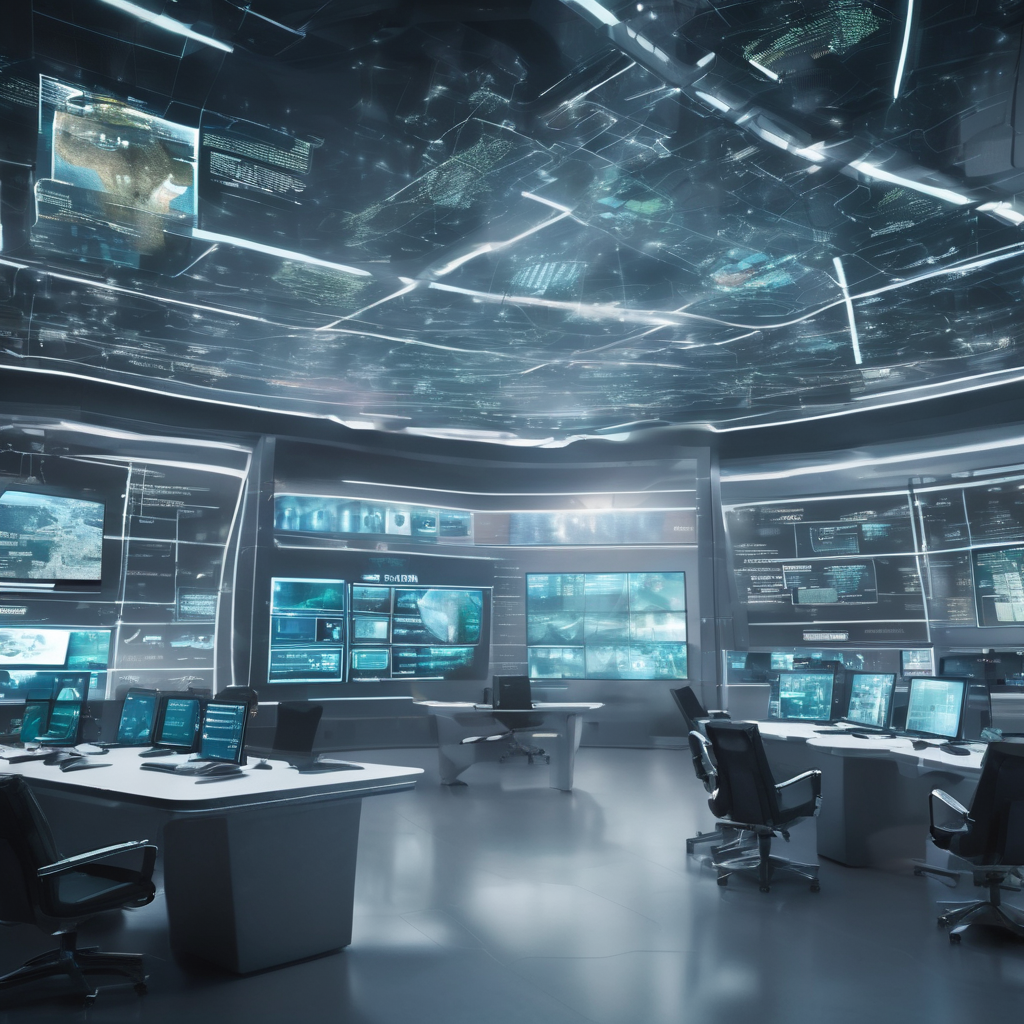
The rapid progression and widespread adoption of artificial intelligence technology have given rise to AI-generated newscasts, a development profoundly transforming the media landscape.
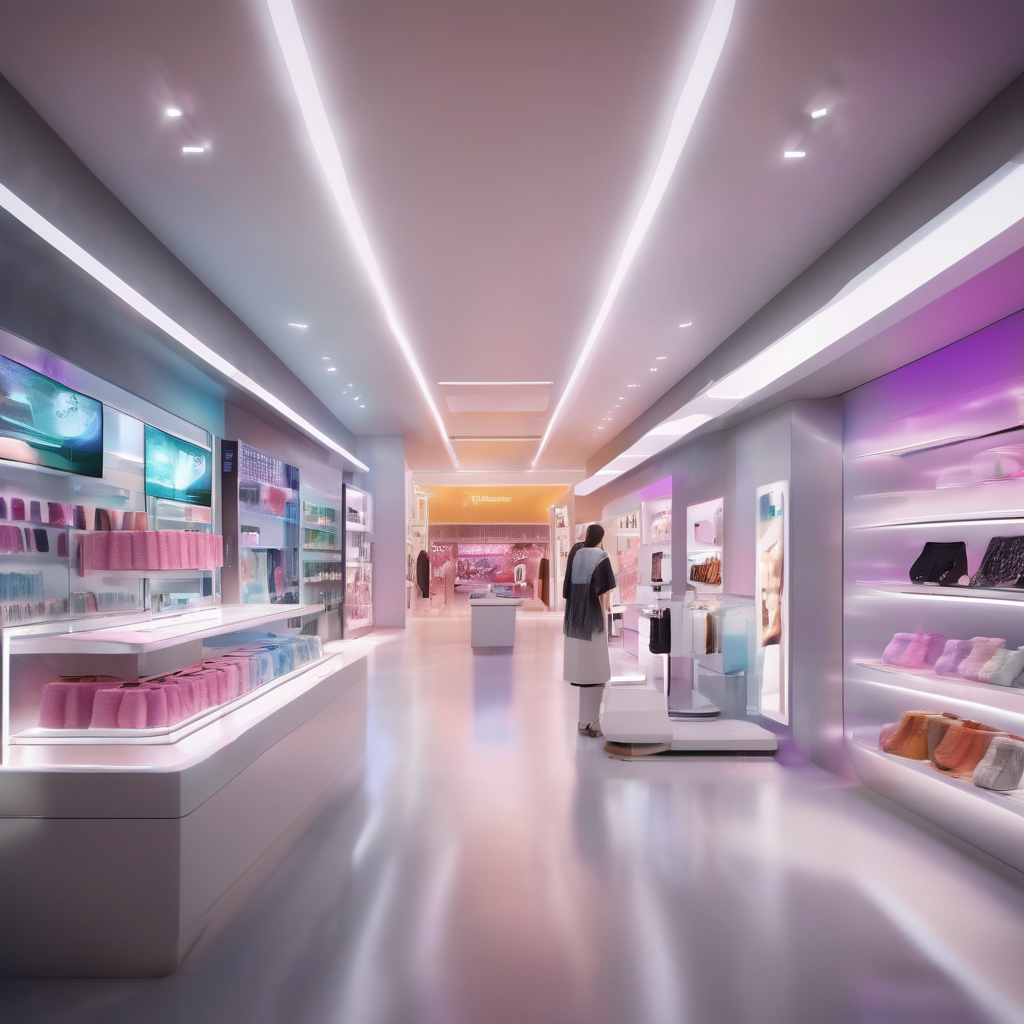
Alibaba Group reported strong financial results for Q2 2025, exceeding Wall Street revenue expectations with total revenue of 247.80 billion yuan (about 34.97 billion USD).

Yann LeCun, Meta’s Chief AI Scientist and a pioneering figure in artificial intelligence, is leaving the company after 12 years to start a new venture focused on Advanced Machine Intelligence (AMI).
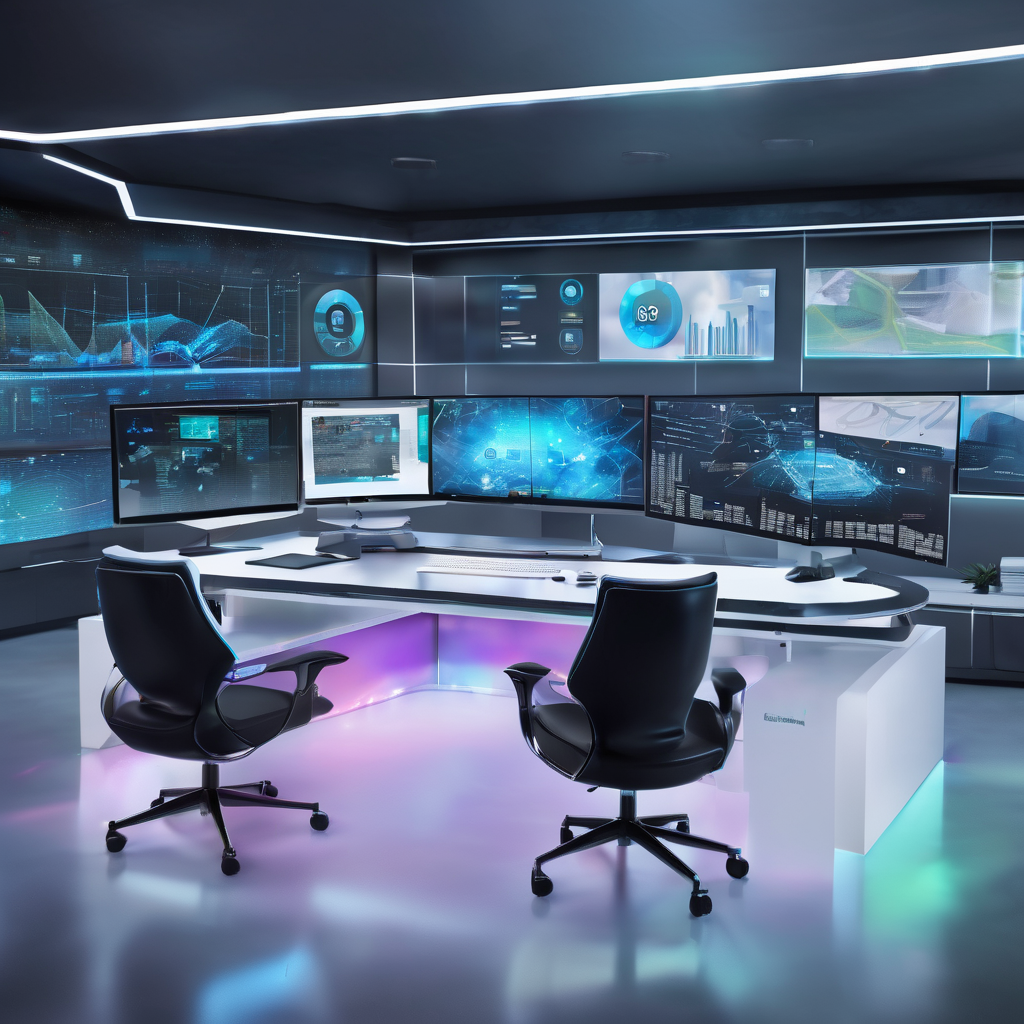
Advanced Internet Technologies (AIT), a prominent digital marketing firm, has launched new AI-powered social media marketing services aimed at enhancing businesses’ online presence across major platforms like Facebook, Instagram, Pinterest, LinkedIn, YouTube, Twitter, and Google.
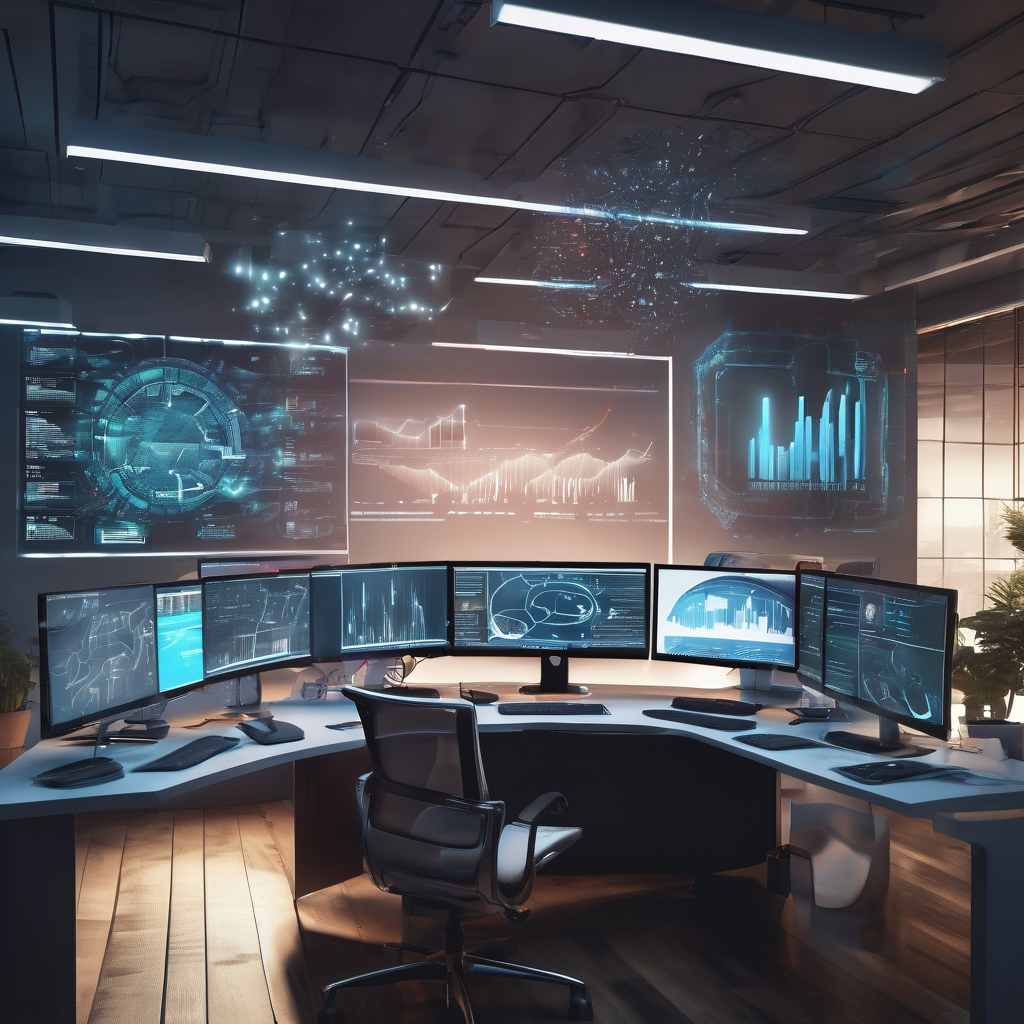
The integration of artificial intelligence (AI) into content creation is profoundly reshaping the realm of search engine optimization (SEO) and content marketing strategies.

SK Telecom's AI chip division, Sapeon, has merged with semiconductor startup Rebellions in a strategic move expected to significantly boost their presence in the fast-growing semiconductor and AI industries.
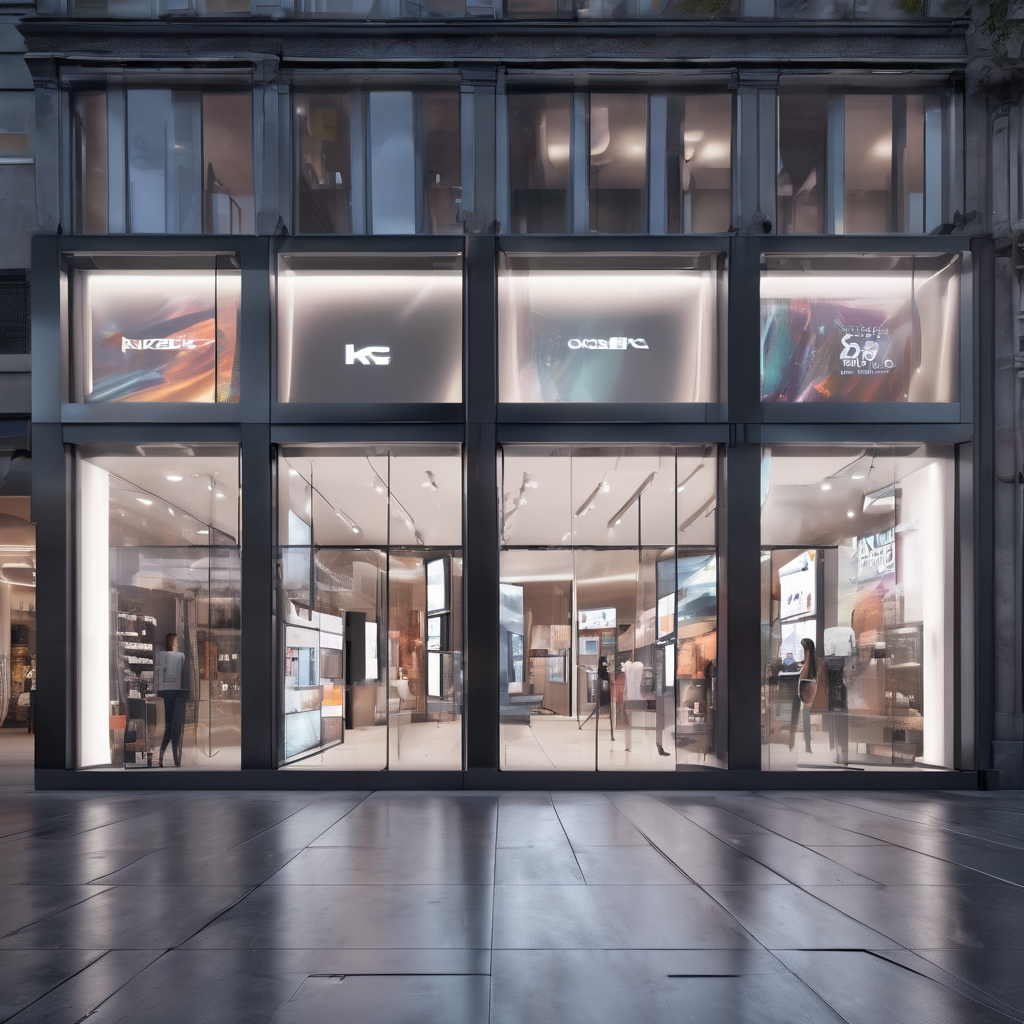
As artificial intelligence (AI) continues to transform consumer behavior, U.S. retailers are quickly adjusting their strategies to stay visible and competitive within AI-driven shopping environments.
Launch your AI-powered team to automate Marketing, Sales & Growth

and get clients on autopilot — from social media and search engines. No ads needed
Begin getting your first leads today